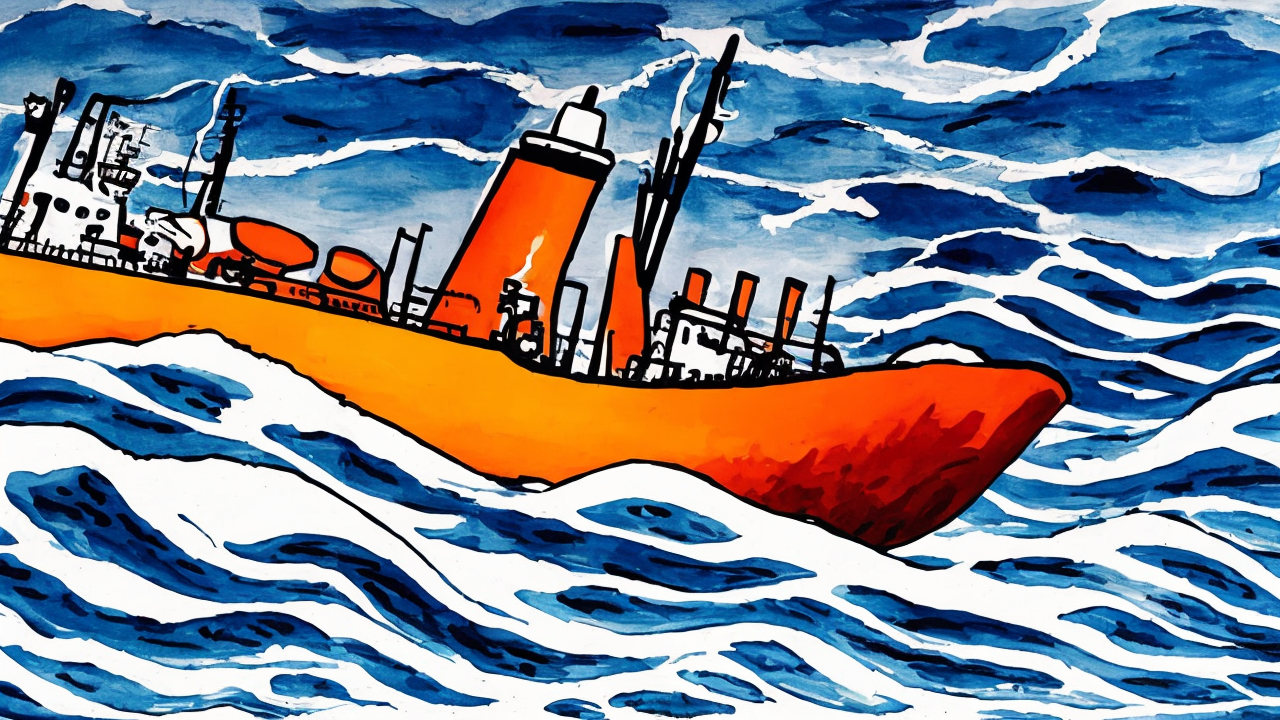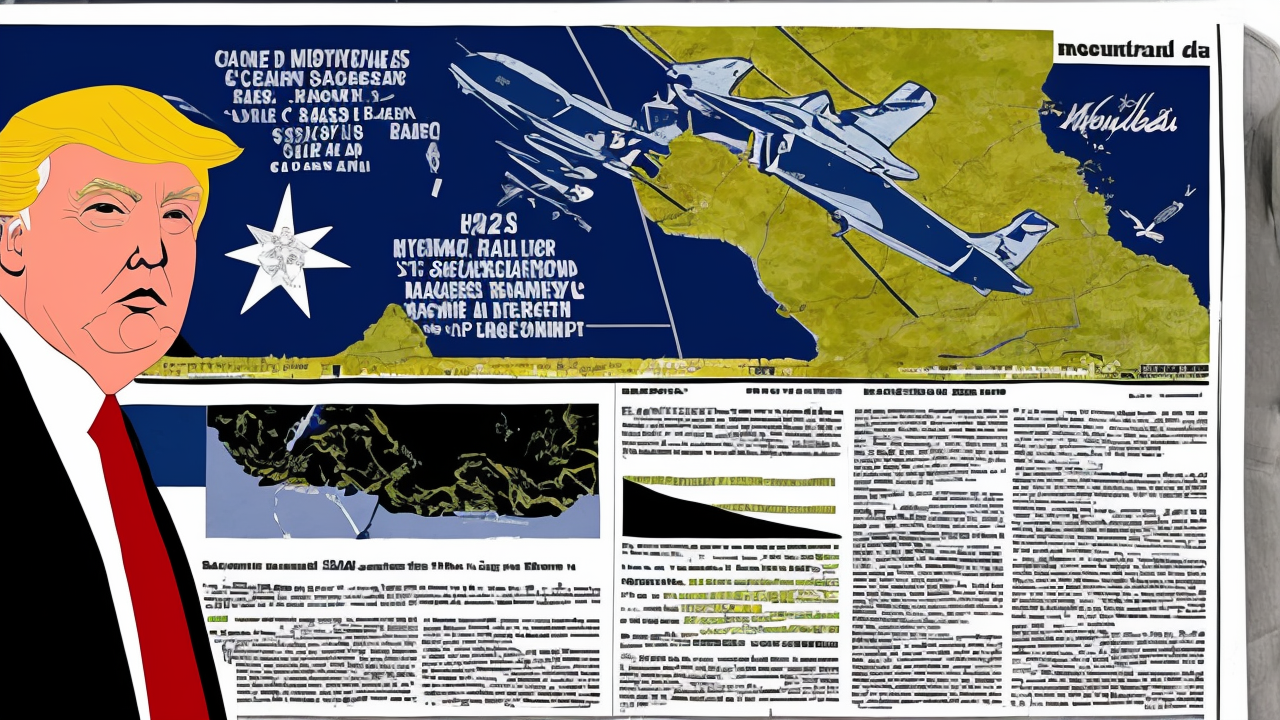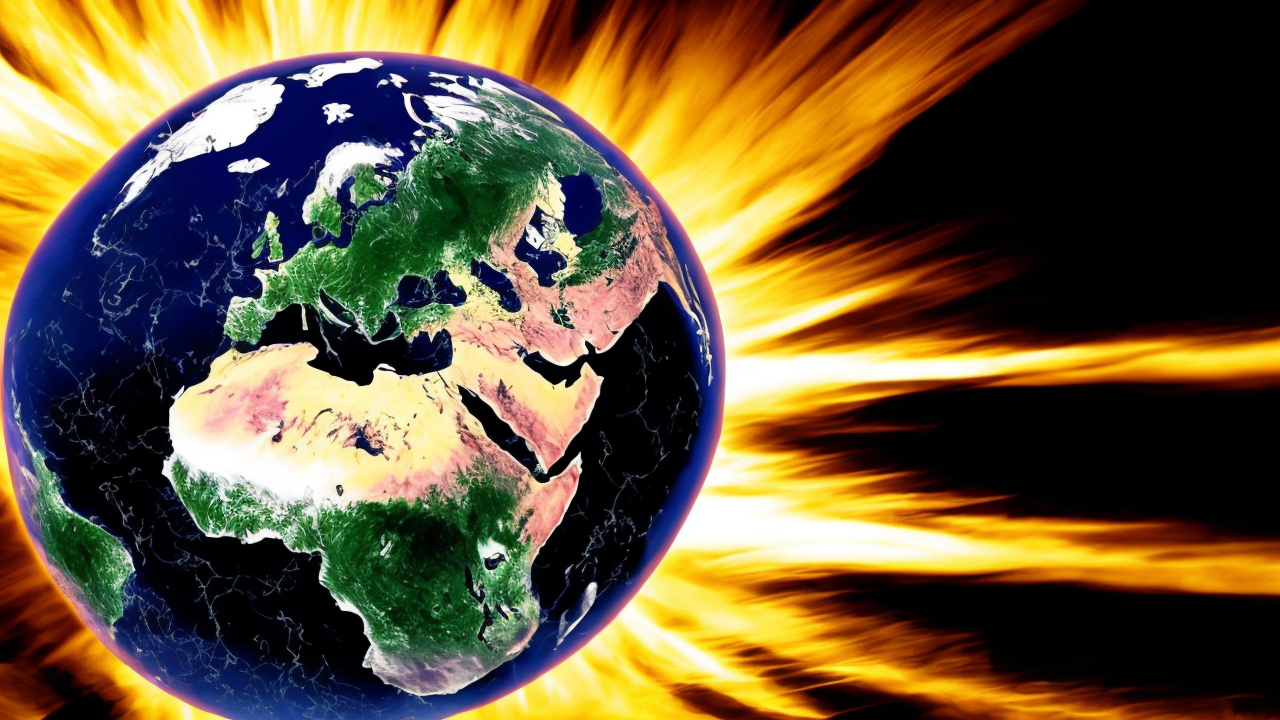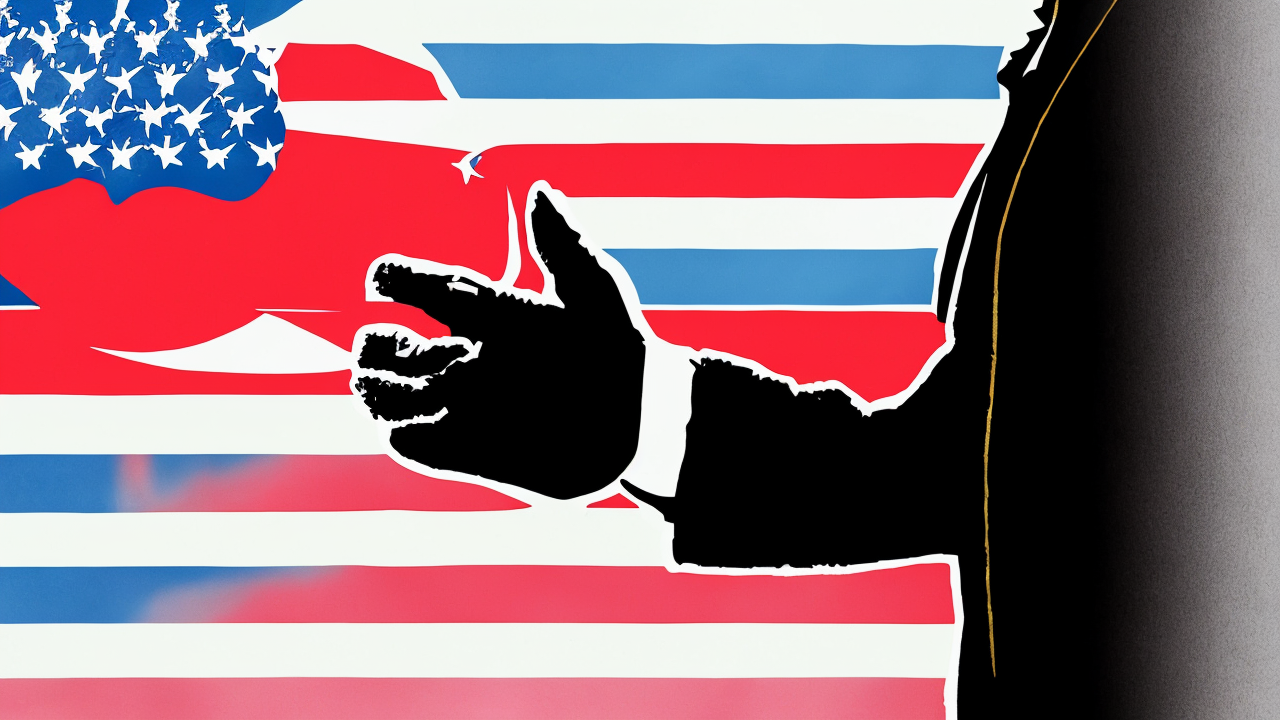Russia's Sanction-Evading Tankers Threaten European Waters

Across the North Sea and the Baltic, faint sheens of oil drift beneath the surface—invisible to most, but not to satellite surveillance. These are not accidental spills. They are deliberate acts of defiance. Over the past year, multiple vessels tied to Russia’s shadow fleet have sailed through European waters, discharging crude oil despite international sanctions. Their movements leave behind ecological scars that reveal a deeper failure: the erosion of accountability in Western defense strategy.
Satellite data from SkyTruth and shipping analytics from Kpler show a troubling pattern. At least five tankers—many operating under flags of convenience and with altered identities—have been tracked moving through European maritime zones after departing Russian ports. Some had been previously flagged for sanctions. Two were explicitly targeted by the United Kingdom. Yet they continue to operate, rerouted, repainted, and rebranded with little to no consequence. Their presence is not an anomaly. It is a symptom of a system under strain.
These vessels are not isolated incidents. They are part of a well-organized network built to evade sanctions by exploiting legal gray areas, weak enforcement, and fragmented oversight. While Western nations have imposed strict restrictions on Russian oil exports, loopholes remain wide open. Tankers change names, switch registries, and hide behind complex ownership structures to avoid detection. As a result, sanctioned oil continues to flow into European markets—often through third-party intermediaries—undermining the entire sanctions regime.
This is not just a logistical failure. It is a moral and strategic one. When nations set rules but fail to enforce them, they send a dangerous message: rules do not matter. When aggressors like Russia profit from their actions without penalty, they learn that coercion, deception, and environmental risk are low-cost strategies. This has consequences far beyond oil. It weakens the credibility of collective security, emboldens other actors, and erodes trust in international institutions.
For conservative Christians and nationalists, this situation raises urgent questions about stewardship, responsibility, and the duty to protect the common good. Scripture calls us to be good stewards of creation (Genesis 2:15). This includes protecting our shared waters from pollution and exploitation. When environmental harm is enabled by policy failure, it becomes a moral issue—not just a geopolitical one. The oceans are not merely resources. They are part of God’s design, and their degradation reflects a failure of human responsibility.
Equally important is the principle of accountability. A society that allows rule-breaking to go unchecked undermines the foundations of justice and order. The fact that sanctioned vessels operate freely in European waters signals a breakdown in the rule of law. It is not enough to pass laws if they are not enforced. True strength comes not from the number of sanctions written, but from the integrity with which they are upheld.
The solution is not more rhetoric. It is more resolve. Europe must strengthen its monitoring systems with real-time satellite tracking, coordinate naval patrols across borders, and share intelligence among allies. It must close legal loopholes that allow sanctioned vessels to re-register or transfer ownership without scrutiny. And it must hold accountable not just the ships, but the companies, insurers, and financial institutions that enable this shadow economy.
This is not about confrontation for its own sake. It is about restoring the integrity of international norms, protecting shared ecosystems, and affirming that actions have consequences. When a nation upholds its commitments, it strengthens not only its own security but the stability of the global order.
The oil slicks in the sea are visible only through technology, but their implications are clear. They reflect a deeper crisis of will. To protect Europe’s waters—and its future—governments must act with courage, clarity, and consistency. Only then can the West demonstrate that its values are not just words, but a living commitment to justice, stewardship, and peace.
Published: 10/6/2025








